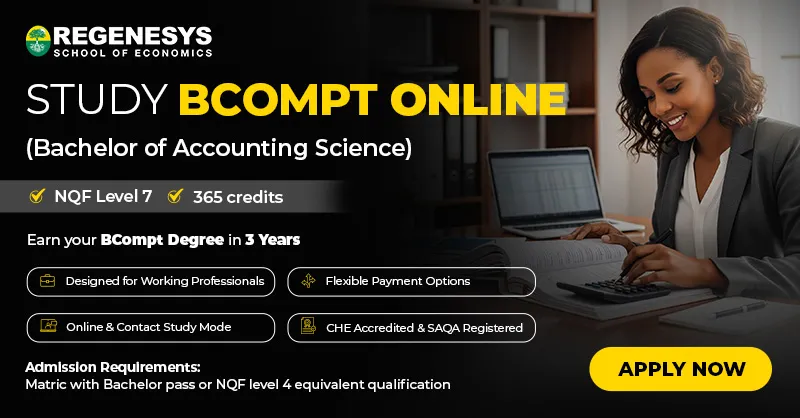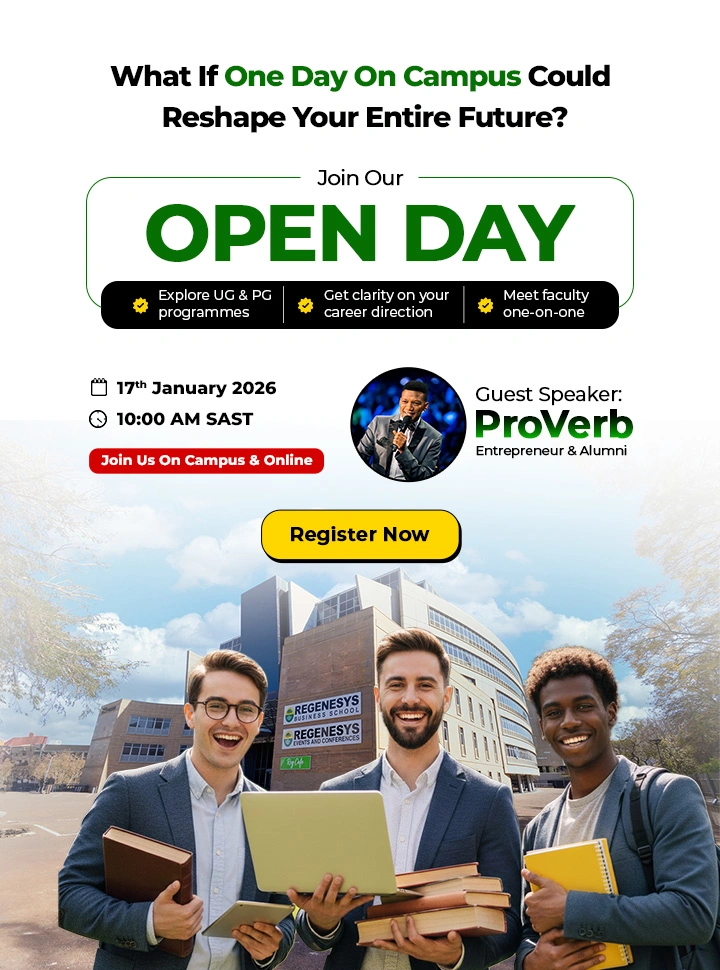Accountants are a crucial part of any business or organisation. They are crucial in managing financial records, analysing data, and providing valuable insights to support decision-making processes. But who exactly qualifies as an accountant? what qualifications are required for an accountant?
In this article, let’s explore the characteristics and qualifications required for accountant, shedding light on the skills and expertise required to excel in this profession.
Table of Contents

Education Qualifications Required for Accountant
To start with, let’s see the educational background qualifications required for accountant. Individuals aspiring to become accountants should have a solid foundation in mathematics, finance, and business, which is crucial for success. Other requirements include:
- One of the most essential qualifications for becoming an accountant is having a solid educational background in accounting or a related field. Most accountants pursue a bachelor’s degree in accounting science, finance, or business administration. These programmes provide a comprehensive understanding of financial principles, tax regulations, auditing procedures, and other essential professional skills.
- Additionally, many accountants pursue advanced degrees, such as a Master of Business Administration (MBA) or a Master of Accountancy (MAcc), to improve their knowledge and career prospects. These advanced degrees provide a deeper understanding of complex accounting concepts and may open doors to higher-level positions within the accounting field.
- Certification is another crucial aspect of qualifying as an accountant. While not always mandatory, obtaining professional certifications and higher certificates in accounting science can significantly enhance an accountant’s credibility and accounting science job prospects. The most recognised certification for accountants is the Certified Public Accountant (CPA) designation. To qualify as a CPA, candidates must pass a rigorous examination and meet specific education and experience requirements set by their respective state boards of accountancy.
- Other certifications that accountants may pursue include Certified Management Accountant (CMA), Certified Internal Auditor (CIA), and Certified Financial Manager (CFM), among others. These certifications demonstrate specialised knowledge and expertise in various areas of accounting and can help accountants stand out in a competitive job market.
The Top Essential Skills Required for a Career in Accounting
Besides educational qualifications and certifications, accountants must possess various skills and expertise to excel. Here are some of the critical skills that make a qualified accountant:
- Analytical Skills:
Accountants must have a strong aptitude for analysing financial data, identifying patterns, and drawing meaningful conclusions. They should be able to interpret complex financial statements and reports to provide valuable insights to their clients or employers.
- Attention to Detail:
Precision and accuracy are critical in accounting. Accountants must pay close attention to detail to ensure that financial records are error-free and comply with relevant laws and regulations.
- Technical Proficiency:
Accountants must use accounting software and other relevant tools to perform tasks such as bookkeeping, financial analysis, and tax preparation. They should also stay updated with the latest advancements in accounting technology.
- Communication Skills:
Accountants often need to communicate complex financial information to non-financial stakeholders. Practical written and verbal communication skills are essential to explain financial concepts clearly and concisely.
- Ethical Conduct:
Accountants handle sensitive financial information, and ethical conduct is paramount. They must adhere to professional codes of ethics, maintain confidentiality, and act in the best interest of their clients or employers.

Experience and Career Progression Required for a Career in Accounting
While education and certifications lay the foundation for becoming an accountant, practical experience is equally important.
Many aspiring accountants gain valuable experience through internships or entry-level positions in accounting firms, corporate finance departments, or government agencies. This hands-on experience helps them apply theoretical knowledge to real-world scenarios and better understand accounting practices.
As accountants gain experience and progress in their careers, they may have opportunities to specialise in specific areas of accounting, such as tax accounting, forensic accounting, or auditing. Specialisation allows accountants to understand complex accounting regulations better and become subject matter experts in their chosen fields.
The Bottom Line
Accountants come in various forms and hold different qualifications. From CPAs to CMAs and specialised designations, the accounting profession offers various opportunities for individuals interested in managing financial matters. Whether you’re seeking the services of an accountant or considering a career in accounting yourself, it’s essential to understand the qualifications, certifications and expertise that distinguish these professionals.
Thus, it’s important to note that not all accountants must hold a bachelor of accounting science degree or higher certificates in accounting science. Some individuals may work as bookkeepers or accounting clerks without obtaining professional designations. While these roles may require a different level of education and certification than a CPA or CMA, they still play a crucial role in maintaining accurate financial records and assisting with day-to-day accounting tasks.
Ultimately, what qualifies someone as an accountant is their knowledge, skills, and experience in accounting. Whether they hold degree certifications or have gained practical experience through years of working in the industry, accountants possess the expertise to handle financial matters with precision and accuracy.
In today’s complex financial world, having a qualified accountant by your side can make all the difference in achieving financial success. Stay tuned with Regenesys School of Finance to develop your professional knowledge, skills, and applied competencies in accounting science, auditing, management accounting and taxation. Click here to learn more about the accounting science course details, accounting science requirements, accounting science job, and the accounting science Regenesys modules.

Who Qualifies As An Accountant – FAQs
Who Qualifies as an Accountant?
Answer: Businesses and individuals rely on accountants’ expertise to ensure accurate and efficient financial operations when managing finances. Thus, becoming a qualified accountant requires education, certifications, practical experience, and critical skills.
Which accounting course to pursue to be able to work abroad?
Answer: If you are planning to pursue a career in Accounting and Finance abroad, there are multiple pathways that you can follow.
If you are interested in any of these courses or are looking for some guidance about your career, you can check out the courses at Regenesys Business School, South Africa and contact us for any queries.
What are the certification courses that individuals can pursue to become accountants?
Answer: Apart from the CPA, there are other certifications that accountants can pursue, depending on their area of specialisation.
For instance, those interested in management accounting may opt for the Certified Management Accountant (CMA) designation. This certification focuses on financial planning and analysis, cost management, and internal control.
Another notable certification is the Certified Internal Auditor (CIA), which is ideal for individuals interested in auditing and assurance services within organisations. This certification demonstrates expertise in evaluating internal controls, risk management, and governance processes.
Is practical experience crucial in qualifying as an accountant?
Answer: Yes. Practical experience, formal education, and certifications are equally crucial in qualifying as an accountant.
Many aspiring accountants gain practical experience through internships or entry-level positions at accounting firms, government agencies, or corporate finance departments. This hands-on experience helps develop essential skills and provides a deeper understanding of real-world accounting practices.
What are the Specialised Skills of an Accountant?
Answer: In addition to the educational and experiential qualifications, accountants must possess specific specialised skills and attributes. Attention to detail, analytical thinking, and strong problem-solving abilities are essential for accountants. They must also have excellent communication skills to convey complex financial information to clients and stakeholders effectively.
Furthermore, accountants must stay abreast of the ever-changing accounting and financial landscape. Continuing professional education is crucial for accountants to maintain and enhance their knowledge and skills. This ongoing learning ensures accountants stay updated with the latest accounting standards, tax regulations, and industry trends.







